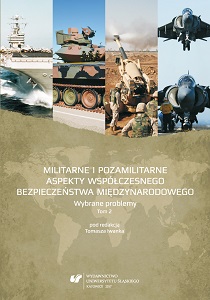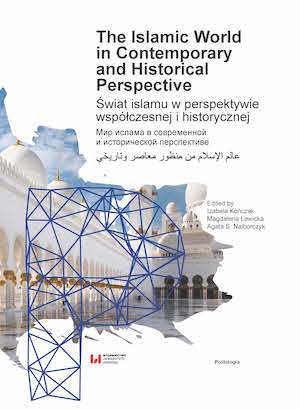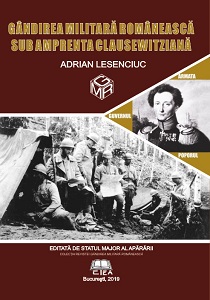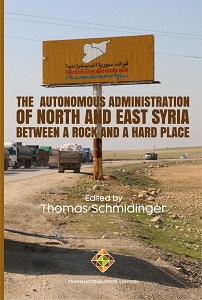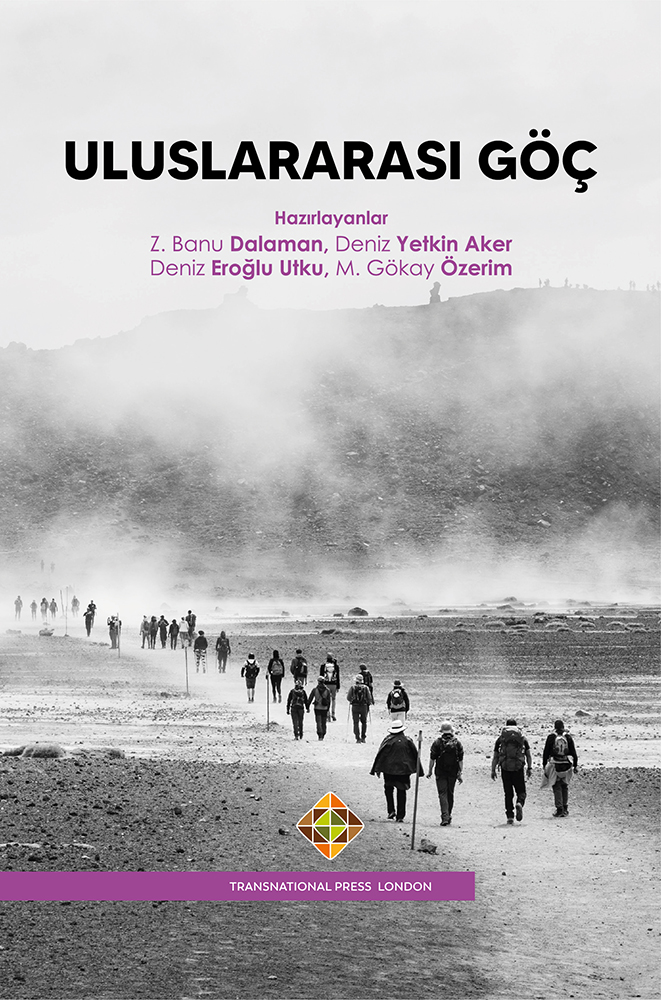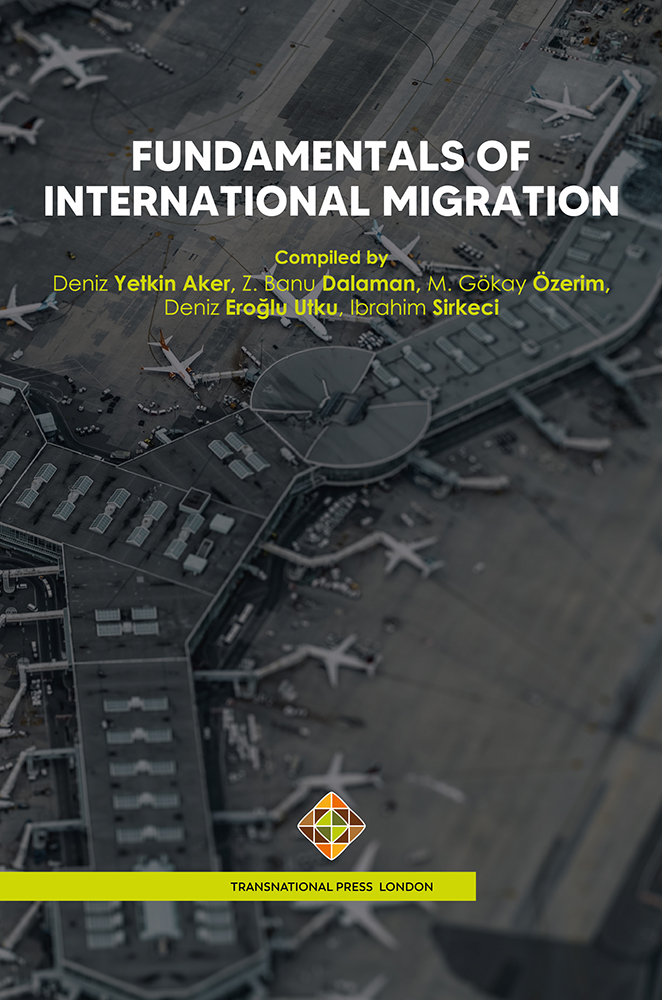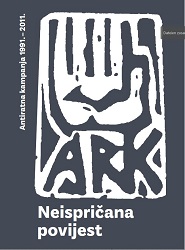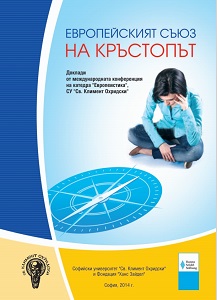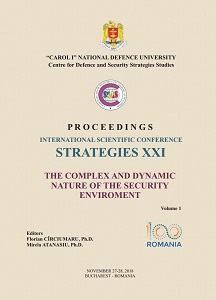
TERRORISM AS THE OPPOSITE OF CIVILIZATION AFTER THE END OF THE COLD WAR
The terrorist attacks from 9/11 marked the return of the term barbarianconceived in civilizational terms and that of the sharp divide between barbarians and civilization in the forefront of political and international relations scholarly discourse with terrorists being portrayed as the new barbarians. This paper explores in its first section how journalists, academics and politicians linked terrorists with barbarians in the aftermath of the bringing down of the Twin Towers and to this purpose it indicates the connections then established between the Barbary War fought by the US at the beginning of the 19th century and the War on Terror launched by George Bush, pointing out how the linking of these two events was grounded on the evaluative use of the term civilization. In the second section it is described the present day standard of civilization by some landmarks of the beginning of the scholarly reflection of it and by identifying and specifying its constituents. The last section of the paper provides an explanation for the association made between terrorists and barbarians, arguing that some constituents of the contemporary standard of civilization operates as the assumption underpinning it.
More...
